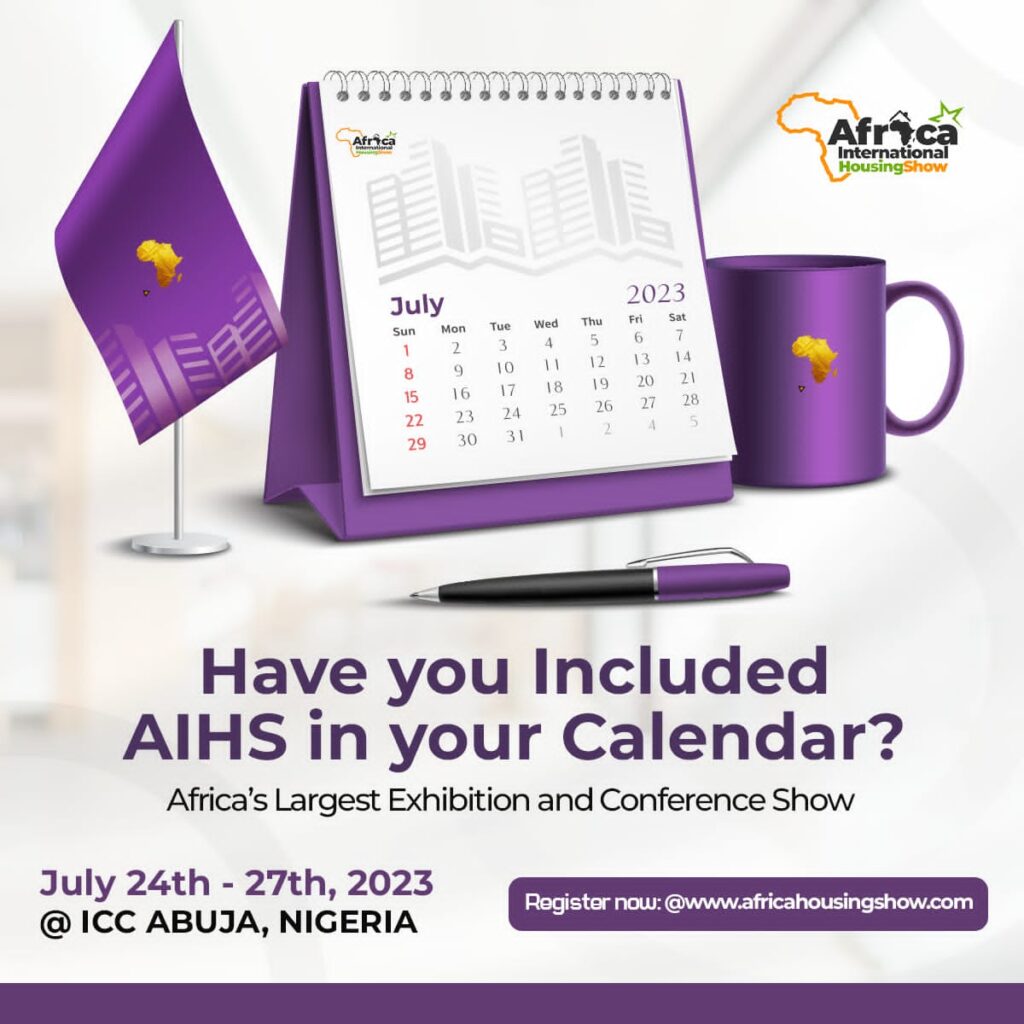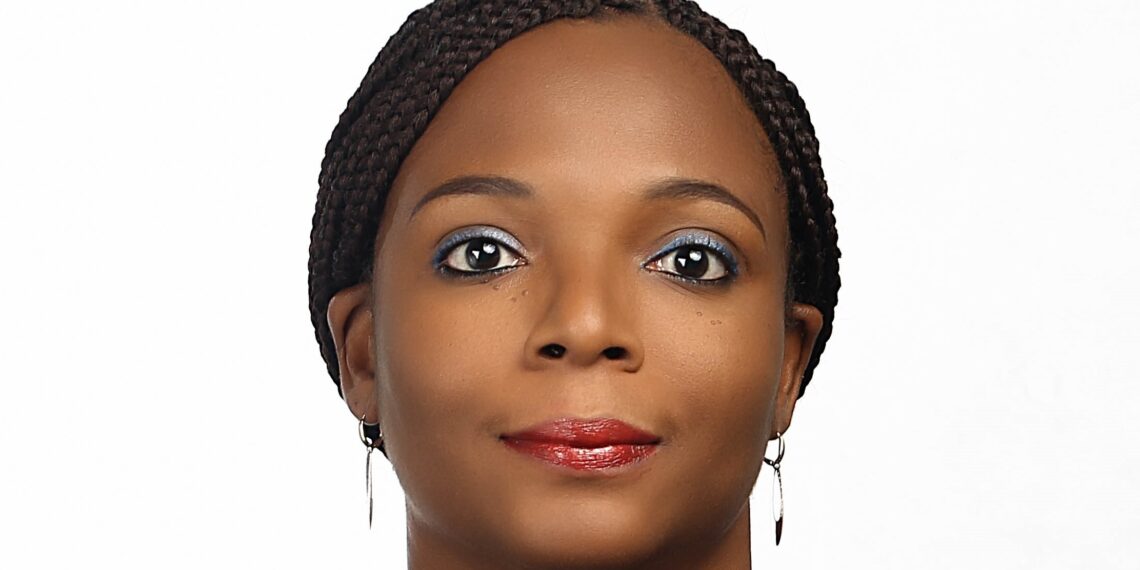At the 21st inaugural lecture of the University of Lagos (UNILAG), Taibat Lawanson of the Department of Urban and Regional Planning revealed that Lagos has over 157 slum communities deserving of attention.
The professor of Urban Management and Governance, whose lecture is titled: “Alternative Urbanisms: Beyond Utopian Visions of the ‘Emerging’ African City,” noted that the figure of the slums in Nigeria’s commercial capital city was recently profiled by the Committee on Slum Identification and panel by the Lagos State Urban Renewal Agency and the Nigerian Slum/Informal Settlement Federation (NSISF).
Mrs Lawanson recommended that with the situation of the slums, “we must address the urbanisation of Lagos, looking at the alternative urbanism that has been created in these communities”.
She said: “Alternative urbanism also showcases through the production of hybrid infrastructures, and here we are looking at how community-led practices enhance formal and informal linkages through co-production to address gaps in public service delivery.”

Reflecting Africa diversity
Mrs Lawanson advocated a rethink of the urban development approach in Africa from “the Western market-oriented one to an Afro-centric, human-centred one.”
She said: “We must also recognise and leverage the transformative power of people-led practices for sustainable urban development. There is a need to recognise the agency in community-led urban development practices. The agency of everyday citizens manifests in urban adaptive practices that are authentic responses to environmental and economic shifts and are non-inferior in shaping our urban identity.
“In prioritising urban development interventions, there is a need to ensure that projects are fit for purpose and sustainable. Hence, the need to support the broad spectrum of meso, mega, mini, and micro scales. Project promoters should cut across government, public-private people partnerships as well as communities.
“Planning must also transcend the dichotomous thinking of formal-informal and explore opportunities in hybrid infrastructure and city building. Project selection should be evidence-based and people-endorsed, and sustainability plans must take into account the capacity of local communities to maintain infrastructure.”
She described urban planning as an effective tool that can address multi-sectoral development challenges and be deployed for achieving socioeconomic, political, and sustainable urbanisation goals. “Therefore, there is a need for planners to understand the socio-spatial and political processes which shape the contexts and the recurring dynamics where their work is situated.”
The don also called for the dismantling of colonial urban planning and design policies which she noted do not reflect the present diversity of African people and places. She suggested building new alternatives “that would ultimately transform African cities and public spaces to be truly African.”

Urban visioning in Africa
In her remarks, the university’s Vice Chancellor, Folasade Ogunsola, commended the inaugural lecturer, noting that the presentation highlighted the need to revisit the African urban vision.
She said the presentation reflected “the important role of cities as places of dynamism, creativity, opportunity and vulnerability, and how African cities are trapped between primordial proclivities, colonial legacies and current aspirations for world-class status.
She said: “Professor Lawanson established the need to revisit urban visioning in Africa, as well as the fundamentals of African development dynamics, including development models, planning, education planning, practice, and knowledge production.”
Mrs Ogunsola, a professor of Medical Microbiology, added that the presentation highlighted how efforts to promote city competitiveness have resulted in urban spaces becoming increasingly expensive and gentrified.
“She deployed case studies drawn from her over 20 years journey as a hands-on scholar and concluded with recommendations that include envisioning an African urban future that promotes cities for all recognising and leveraging the transformative power of people-led practices for sustainable urban development,” Mrs Ogunsola said.
Contributions
Highlighting some of her contributions to society, Mrs Lawanson said she had received 33 research grants, four of which were local from the University of Lagos Central Research Committee and the African cluster centre.
She said: “I have contributed to pedagogy development on early career advancement for African Urban Studies Scholars as the principal investigator for UNILAG on the UNILAG Urban Lab project, a trilateral DAD-funded SDG graduate school programme.
“And through this programme, we have been able to start this interdisciplinary master’s programme in urban management, an interdisciplinary PhD programme in sustainable urbanisation.
“We have also instituted a postdoctoral training programme, and all these programmes come with scholarships. We have contributed to toolkit development to research our mobilities and organised two summer schools where African scholars can go to other African institutions to study and spend some time to enhance collaboration.”
About Mrs Lawanson
The professor joined the services of UNILAG in April 2002 as an Assistant Lecturer in the Department of Urban and Regional Planning and was promoted to Lecturer II in 2004, Lecturer I in 2008, Senior Lecturer in 2011 and Associate Professor in 2015.
According to details on the UNILAG official website, Mrs Lawanson was appointed Professor of Urban Management and Governance in October 2019.
She is a registered Town Planner and a Fellow of the Nigerian Institute of Town Planners. She is also a member of the International Society for City and Regional Planners and was Vice President of the African Planners Institute (2021 – 2022).
READ ALSO: CBN makes Social Media Handle mandatory KYC requirements for bank customers
Source: premiumtimesng.com





